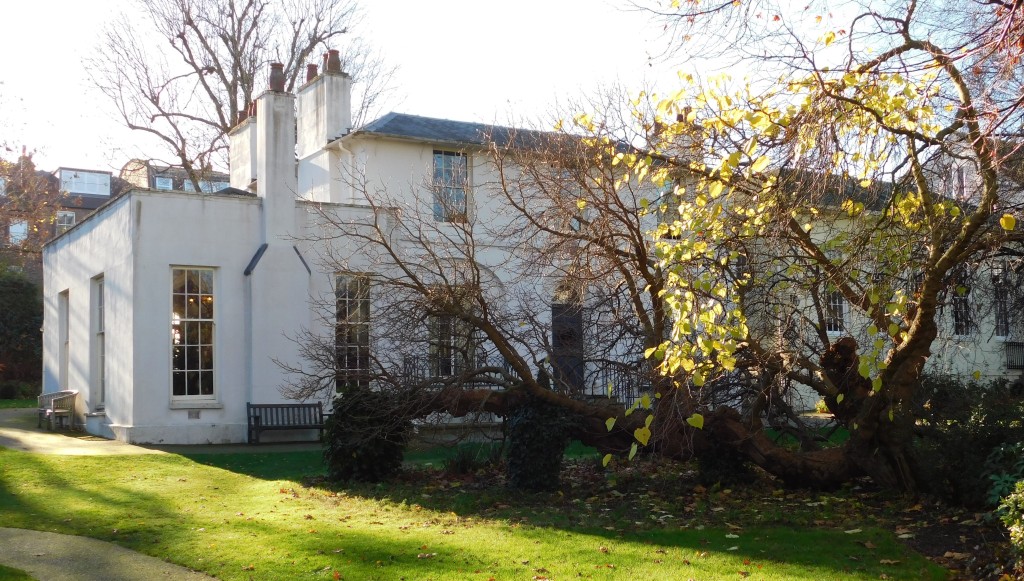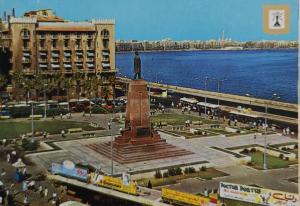Most of the time, this blog has a jovial slant. This week, I asked my friend and thriller writer JJ Marsh for a more reflective piece on aspects of control. Here’s what she has to say.
Arguments often explode on Twitter (#notnews) and some issues surface again and again. In the book world, the question of cultural appropriation sets author against author, publisher against reviewer, and generates hours of heated discussion. As I write, a debate rages about a writer’s use of clichéd terminology to refer to people of colour.
The problem comes down to an old adage: Write what you know.
The writer did indeed write what she knew, about real children, but applied her own cultural lens. This upset many people devoted to shining a light on intrinsic racism.
Write what you know.
That advice carries a whole host of issues. Do we police our imaginations and stick to our own lived experience? Or are we able to step into other worlds with ethics and empathy?
It’s a topic I brood over often.
Not ‘just’ the race or gender discussion, but the topic of mental health. I’ve written characters of various nationalities, ethnicities and sexuality, but the area I feared to broach was the characters’ inner world.
When choosing to create a protagonist with bipolar disorder, I knew I was on shaky ground. I researched, learnt about how the condition can vary and/or develop, checked chapters with psychologists and those with experience to ensure my representation was authentic. The greatest feedback was from readers who recognised and appreciated a sympathetic approach to a condition that touched their lives.
Then I embarked on Wolf Tones, a novel about coercive control from the perspective of a vulnerable male. Abusive relationships take many forms, as I know from my sister’s role as a support worker. Most victims are women, but some are men. So how to tackle such an issue without diminishing the female experience, acknowledging how it affects men and shining a light on how coercion works?
After two years of research, I came to a conclusion.
It’s all about the narrative.
Every relationship is a story, told by the players themselves. To outsiders, the reality of fraying tempers or bad behaviour might be polished, even exaggerated, for comic effect. Within the relationship, people make up their own journey as they go along – negotiating problems, harmonising habits, confronting obstacles and adjusting their own happy ending.
What about coercion? That’s when one party wrests control and becomes the director, casting a partner or family member in a role they may not want to play.
The first element of redefining roles is by eroding their confidence. Psychologists and therapists point to several techniques by which the director destabilises the victim and convinces them to give up independence. These include criticism, gas-lighting (making one believe something has/hasn’t happened) and micro-managing everything that person does.
Doubt and dependence are harder to introduce when a person has a network of friends, fulfilling job ,and supportive family. That’s why a coercive abuser begins to isolate the victim from any means of emotional outlet. Friends pushed away, families distanced or even rejected outright – the abuser paints them all as the bad guys.
This last is a common occurrence – the abuser claims the status of victim, reversing the roles in order to destabilise and gain sympathy from the person or persons they attempt to control.
Once the manipulator has command of the console, the victim is reduced to no more than an avatar; allowed no choice over money, clothes, activity, or behaviour.
This pattern of behaviour is at the heart of my psychological thriller Wolf Tones. It’s not a puppet show portraying the above because each character has a history (good and bad), ambitions, connections, a sense of loyalty and the issue of class to navigate in a professional environment.
The setting is a classical European orchestra, but the story could happen to any of us. It all depends on the narrator.
If any of the themes in this piece affects you, here are two places where you can find out more: Women’s Aid and ManKind.
Wolf Tones is a work of fiction. This story belongs to Rolf.
Fifteen years ago, Rolf was destined for the gutter.
His luck changed. Now a cellist with the Salzburg City Orchestra, he has his dream job and dizzying prospects. All because of her.
Smart, sexy, well-connected, and crazy about him, Leonor is his fantasy woman. She made him and he’ll never forget it.
Neither will she.
Read the first chapter here.
A big thank you to JJ Marsh for her thought-provoking post. If you have any comments, I’d love to hear them.
Wolf Tones is out on August 19. You can pre-order it here.

















































